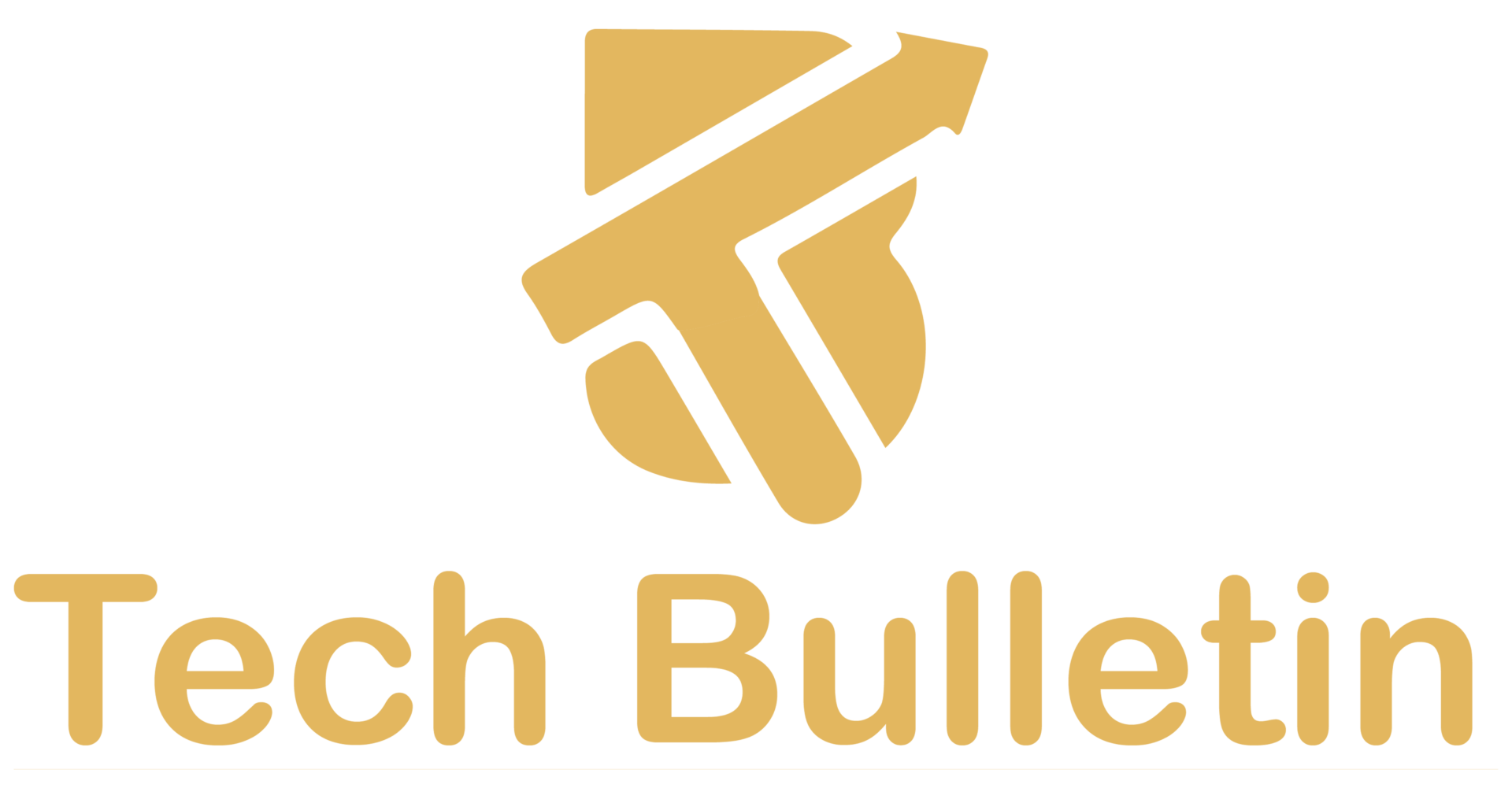AI Advancements and Real Estate Automation in 2025: The Future is Now

The real estate industry, long known for its traditional processes and human-centric interactions, is undergoing a seismic shift. AI advancements real estate automation are no longer a distant dream; they’re a driving force behind how properties are bought, sold, managed, and even built. From predictive analytics to AI-powered virtual tours, the game has changed.
How artificial intelligence is revolutionizing real estate, what new technologies are emerging in 2025, and what this means for buyers, sellers, investors, and agents.
The Evolution of Real Estate and the Rise of AI
The last few decades saw real estate shifting online, with platforms like Zillow, Redfin, and Realtor.com transforming how people browse homes. But in 2025, the next wave of innovation is taking shape, artificial intelligence is now at the core of property transactions and operations.
AI is not replacing real estate agents, it’s enhancing them. Tools that once required days of manual effort can now be done in seconds with machine learning models and real-time data insights.
Predictive Analytics: Forecasting Market Trends with Precision

In 2025, predictive analytics powered by AI and automation will be reshaping investment strategies. These tools use historical data, economic indicators, and local trends to forecast property values, rent prices, and neighborhood growth.
For example, AI algorithms can now determine which neighborhoods are likely to gentrify in the next 3–5 years, giving investors a huge competitive edge.
📊 PwC, real estate companies using predictive analytics in 2025 have seen a 34% increase in ROI on average compared to those that don’t.
AI-Powered Chatbots: 24/7 Customer Engagement
Gone are the days of waiting for an agent’s call back. AI-powered chatbots and virtual assistants are available around the clock, handling inquiries, scheduling viewings, and even negotiating preliminary offers.
These bots are no longer clunky or robotic—they use natural language processing (NLP) to converse like humans and deliver personalized property suggestions based on user preferences.
Virtual Tours and Smart Staging: A New Home Viewing Experience
In 2025, virtual tours have evolved far beyond 360-degree images. With AI and augmented reality (AR), buyers can now:
- Walk through homes in real-time 3D environments
- Change paint colors, furniture styles, or lighting
- Visualize how the home would look renovated or customized
AI even analyzes user behavior during tours to suggest more tailored listings. This improves buyer engagement and accelerates the decision-making process.
💡 Fun Fact: Homes with AI-enhanced virtual tours in 2025 sell 32% faster on average.
Smart Contracts on Blockchain: Automating Closings
Blockchain and AI are now best friends in real estate. In 2025, many real estate transactions are executed through smart contracts—self-executing agreements stored on blockchain that eliminate the need for intermediaries like lawyers and escrow agents.
AI oversees these contracts, flagging inconsistencies, verifying compliance, and managing timelines. This reduces errors, speeds up closings, and cuts transaction costs by up to 70%.
Property Valuation Models: Faster and More Accurate
Automated Valuation Models (AVMs) driven by AI are a game-changer in 2025. These models consider:
Recent comparable sales, Neighborhood amenities, Crime rates, School rankings even sentiment analysis of local social media chatter. The result? Hyper-accurate property valuations that are more trusted than traditional appraisals.
AI in Real Estate Marketing: Hyper-Personalization
In the marketing space, AI tools now craft personalized property ads, targeting audiences based on online behavior, location data, and search history. AI not only identifies likely buyers, but it also tests thousands of ad variations in seconds to maximize engagement.
Automated Property Management: From Maintenance to Rent Collection
Landlords and property managers are benefiting big-time. AI tools now:
- Monitor maintenance needs using IoT devices
- Auto-schedule repairs
- Handle tenant inquiries
- Automate rent reminders and collections
- Flag potential lease violations using camera analytics (in commercial spaces)
This level of automation slashes operational costs and increases tenant satisfaction.
📈 Automated property management systems have reduced vacancy rates by 23% across multi-family units in 2025.
AI-Driven Lead Generation: Smarter, Faster, Better
Finding leads is no longer a grind. AI lead-gen tools scan public data, social media, and even mortgage applications to identify motivated buyers or sellers.
With tools like Zillow Premier Agent or RealScout now integrated with hyperautomation systems, agents are notified when a lead is highly likely to convert, based on behavioral and demographic patterns.
Sustainability and Smart Homes: AI’s Role in Eco-Friendly Real Estate
Sustainability is a big priority in 2025, and AI is at the heart of smart homes. Properties equipped with AI-driven systems can:
- Optimize energy usage
- Automate HVAC based on occupancy
- Predict and reduce utility bills
- Suggest eco-friendly upgrades
Buyers now factor in AI efficiency scores before making a purchase decision. Properties with high AI-efficiency ratings command 10–15% higher prices on average.
Real Estate Investment Platforms Powered by AI
Platforms like Fundrise, RealtyMogul, and newer entrants in 2025 are using AI to democratize real estate investing. These platforms:
- Use AI to select the best investment opportunities
- Predict potential risks
- Diversify investor portfolios automatically
Investors can start with as little as $100 and benefit from AI-managed REITs tailored to their goals.
Regulatory and Ethical Challenges
Of course, AI in real estate isn’t without its challenges. In 2025, governments are still trying to catch up with regulations around:
- Bias in algorithms (e.g., discrimination based on location or demographics)
- Privacy concerns related to user data
- Transparency in automated decision-making
Ethical AI usage is now a hot topic, and companies are expected to audit their AI systems regularly to ensure fairness.
Key AI Applications in Real Estate

1- Smart Home Technology:
Smart homes equipped with AI-controlled devices such as thermostats, security systems, and lighting are increasingly popular. These features enhance property value by offering energy efficiency, automation, and security.
Automated systems also align with sustainability goals by reducing energy consumption through occupancy-based adjustments.
2- AI-Powered Market Predictions:
AI algorithms analyze vast datasets to forecast market trends, identify undervalued properties, and predict rental income. This enables investors to make informed decisions in real-time.
3- Virtual and Augmented Reality (VR/AR):
Immersive technologies allow buyers to explore properties remotely through 3D tours. Sellers can use AI-enhanced staging tools to customize furniture layouts, lighting, and wall colors for better presentation.
4- Automation in Property Management:
Digital tools streamline operations like rent collection, maintenance scheduling, and tenant communication. Cloud-based platforms and mobile apps save time and reduce costs for landlords.
5- AI-Driven Mortgage Approvals:
AI accelerates loan approvals by assessing creditworthiness, scanning documents, and detecting fraud within minutes—a significant improvement over traditional methods1.
6- Blockchain Integration:
Blockchain paired with AI enables secure transactions via smart contracts, reducing fraud and eliminating intermediaries for faster closings.
7- Predictive Analytics for Pricing:
AI pricing tools analyze historical sales data and market trends to help sellers set competitive listing prices and buyers assess future appreciation potential
Conclusion
AI-driven innovations are not just enhancing convenience, they are redefining industry standards. From smart homes to blockchain-secured transactions, these advancements empower buyers, sellers, investors, and agents to thrive in a competitive market. By embracing these technologies, stakeholders can position themselves at the forefront of this transformative era in real estate.





